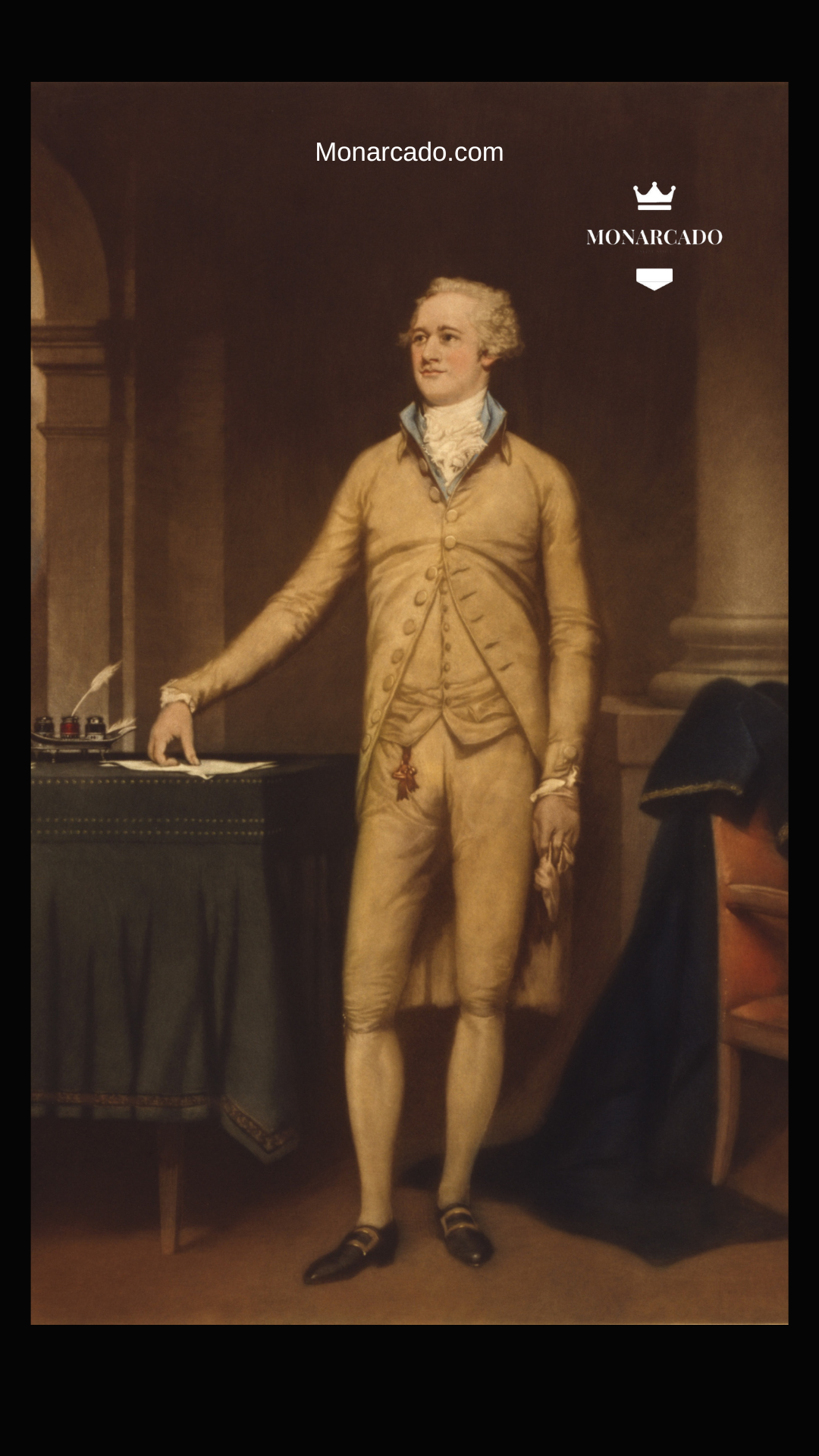John Pierpont Morgan, often referred to as J.P. Morgan, was a prominent American financier and banker in the late 19th and early 20th centuries. His impact on the financial world is still felt today, with his name synonymous with wealth, power, and influence.
Who was John Pierpont Morgan?
John Pierpont Morgan was born on April 17, 1837, in Hartford, Connecticut. He was the son of a successful banker and grew up surrounded by wealth and privilege. Morgan went on to become one of the most powerful figures in American finance, known for his role in shaping the modern banking system.
What were his major accomplishments?
One of Morgan's most significant achievements was the creation of the banking and financial services firm J.P. Morgan & Co. Through strategic investments and acquisitions, Morgan built a financial empire that played a crucial role in the growth of American industry.
Additionally, Morgan was instrumental in the formation of U.S. Steel, one of the first billion-dollar corporations in the world. His ability to consolidate and reorganize companies made him a key figure in the development of corporate America.
How did he impact the financial world?
Morgan's influence extended beyond the business world. He played a pivotal role in stabilizing the U.S. economy during times of financial crisis, including the Panic of 1907. His actions helped prevent a collapse of the banking system and earned him the reputation of a financial savior.
Furthermore, Morgan's philanthropic efforts left a lasting legacy. He donated vast sums of money to cultural institutions, universities, and charitable organizations, leaving a mark on American society that continues to be felt today.
In conclusion, John Pierpont Morgan was a titan of American finance whose impact on the financial world and society at large cannot be overstated. His legacy as a financier, banker, and philanthropist continues to be studied and admired by business leaders and historians alike.












































